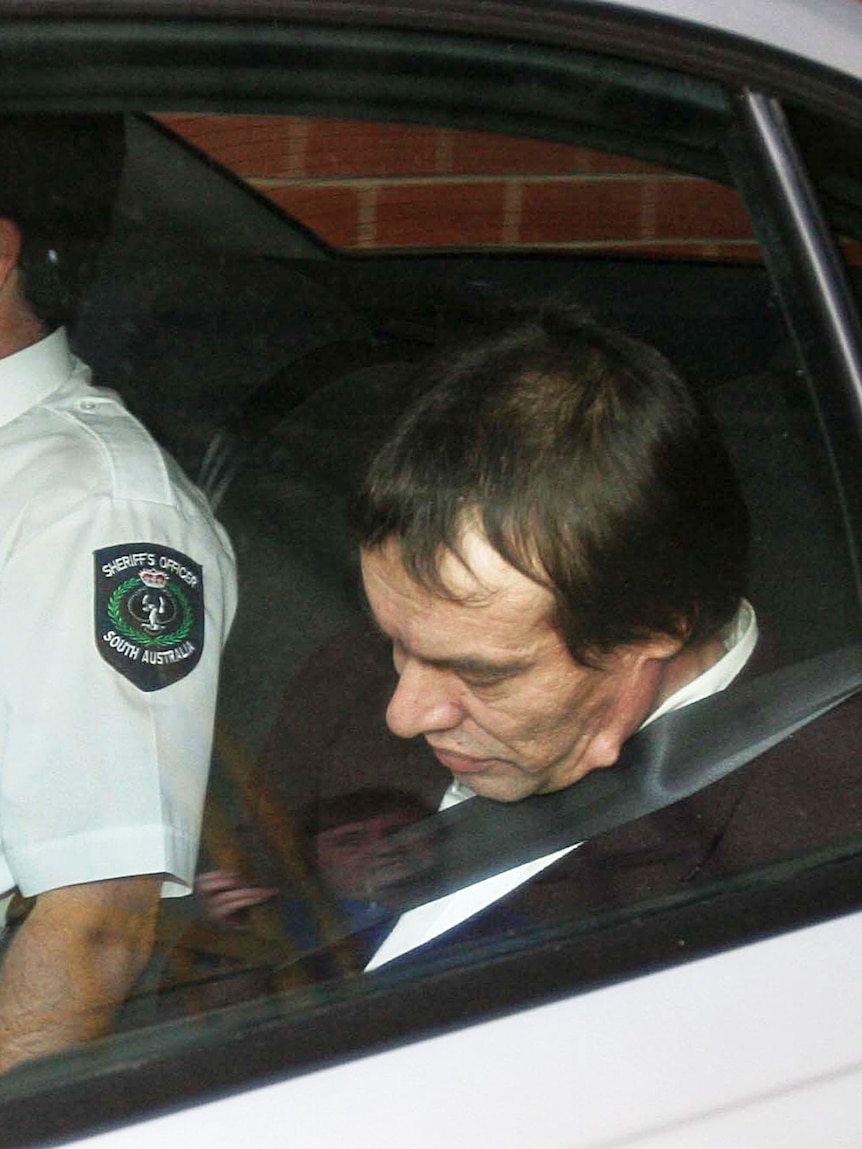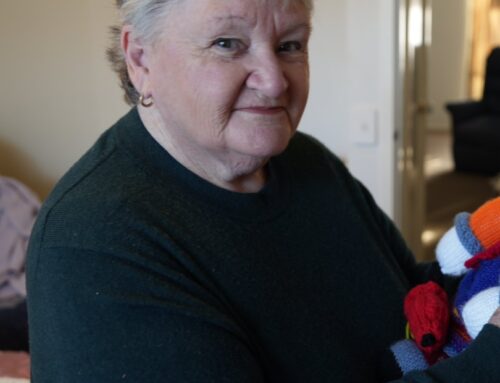Snowtown “bodies-in-the-barrels murders” accomplice Mark Haydon has been released from jail after serving a 25-year sentence, the head of South Australia’s Parole Board says.
Parole board chair Frances Nelson KC said in a statement Haydon was released on parole to the Adelaide Pre-release Centre two weeks ago after the police commissioner, attorney-general and commissioner for victims’ rights did not ask for a review of his parole decision on February 20.
“It’s the view of the board that it is not only for his benefit but for the benefit of the community that he be a parolee in the community before his head sentence ends,” Ms Nelson said.
The killings, committed by John Justin Bunting, Robert Joe Wagner and James Spyridon Vlassakis, became infamous for the gruesome ways the victims were killed and disposed of by people they trusted.
Between 1992 and 1999, 11 people were murdered by the serial killers, including the eight whose bodies were found in the bank vault in Snowtown, about 150 kilometres north of Adelaide.
Haydon, now 65, was never found guilty of any of the murders, but was convicted of helping cover up the deaths of seven victims.
In February, Haydon was granted parole because Ms Nelson said his behaviour while in jail had been “excellent”, but he was not immediately released into the community.
Haydon to reside at pre-release centre as part of parole
A South Australian government spokesperson said in a statement that Haydon will reside at the Adelaide Pre-Release Centre at Northfield as a condition of his parole.
“The parole board granted Mr Haydon parole in February this year. A condition of his parole, as determined by the board, is that he reside at the Adelaide Pre-Release Centre,” the spokesperson said.
“The state government has applied to the Supreme Court to have Mr Haydon made subject to an extended supervision order, which would see parole-like conditions continue even after his sentence has expired.”
Former victims of crime commissioner Michael O’Connell told the ABC that the development would be difficult for victim-survivors.
“The fact that he was associated with some of the most horrific crimes in Australia’s history, suggests to many people that he should never be released,” he said.
“The victim’s families have had to confront the fact that he will be released and I’ve no doubt that that has aggravated their traumatic grief.”
Posted , updated





